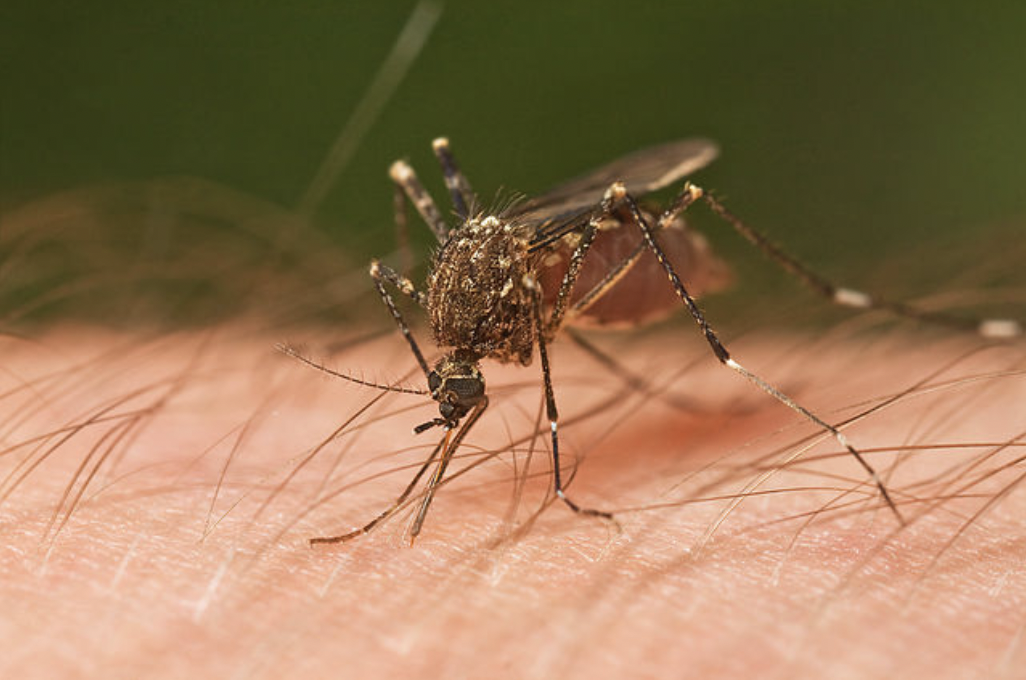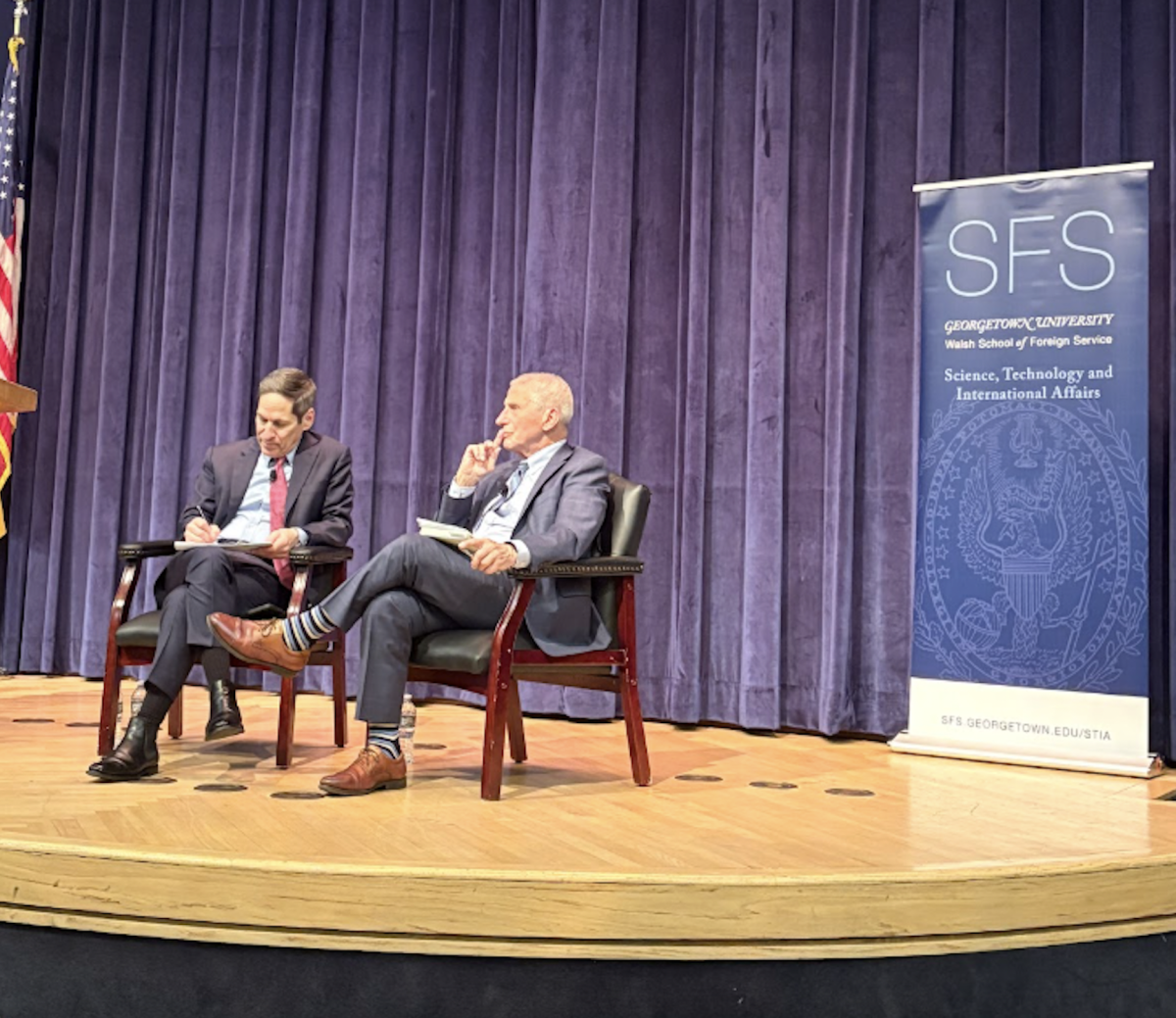Charles Hillman, associate director of the Center for Cognitive and Brain Health at Northeastern University, explored the relationship between exercise, obesity and childhood brain health at a seminar hosted by Georgetown University’s Department of Health and Public Interest (HAPI) on Oct. 23.
Hillman, who has a doctorate in kinesiology, studies how exercise affects school-aged children’s ability to learn and focus in the classroom. His interest lies in early education as an important aspect of development and future success.
Hillman said he aims to study health risk factors, such as obesity and lack of physical activity in childhood, and advocate for change to help mitigate them.
“My heart is in studying children, and I believe in preventative medicine. I think a lot of the things that we see in older adults relative to physical activity and brain health are present in kids during development,” Hillman said at the event.
According to Hillman, children have become less active in recent years due to increased transportation and less labor-intensive work.
“This generation of kids is becoming increasingly sedentary,” Hillman said at the event. “We’ve outsmarted ourselves as we’re victims of our own ingenuity.”
Hillman also said that the majority of 13- to 15-year-old kids across developed countries are not achieving their daily goal of moderate to vigorous physical activity, with girls being inactive much more often than boys.
“The data basically shows that worldwide, 80% of adolescents are not meeting physical activity recommendations,” Hillman said. “With this comes an increased prevalence of being overweight and unfit.”
Hillman argued that programs and regulations implementing proper physical activity for children during the school day could address this growing trend. Through his research, Hillman found that exercise is an asset, not a setback, to academic performance.
“Time spent being physically active does not detract from academic achievement. There is no instance in the literature where time spent being physically active is related to poor academic outcomes,” Hillman explained.
In a particular study, Hillman and his team randomly selected one group of children to walk on a treadmill and another group to sit and read quietly. Each kid took a cognitive test before and after their respective intervention to compare the effects on their brain function. Hillman found a positive relationship between exercise and brain function, and the effect was more pronounced in children with lower initial cognitive scores.
“We find that it is most beneficial to kids who need it most. Kids who were lower-performing start to catch up after a dose of exercise,” Hillman said.
Hillman has used his findings on the benefits of exercise on mental health, mood and focus to advocate for legislative change and implement physical activity guidelines in U.S. schools. According to Hillman, his work has influenced the formation and reform of physical activity standards in elementary schools in Kentucky and Texas.
“State senators in both of those places used my data and worked with me to create a mandatory minimum number of physical activity minutes in the school day,” Hillman said. “Both were successful in changing policy in their states.”
In addition to discussing his research, Hillman encouraged attendees and students of the HAPI master’s program to create change in their communities through medicine.
Jennifer Jantzen, the program coordinator for the HAPI program, organized the seminar series and works closely with graduate students to introduce them to opportunities to reform the healthcare system.
“The HAPI program is unique for its focus on not just teaching the current healthcare system, but also showing students how to reform it, through interdisciplinary coursework and lectures from public health leaders,” Jantzen wrote to The Hoya.
Hannah Deep (GRD ’27), an event attendee and graduate student in the program, said that the HAPI seminars help students gain the skills necessary to tackle problems in their communities and fight for a healthier world.
“The seminar on brain health, physical activity and adiposity was particularly insightful, as some of my classmates and I are working on an initiative to address the medicalization of attention deficit disorder (ADHD).” Deep wrote to The Hoya. “We are advocating for the implementation of exercise programs within schools, which, as Dr. Hillman mentioned, can have considerable benefits on learning and general health outcomes.”
Advocacy and change are key aspects of Hillman’s research, and he aims to inspire listeners to use science as a tool for social improvement, not just a way to collect knowledge.
“It was an awful lot of work and it took a big toll on the rest of my work, but it feels like something I need to do,” Hillman said





